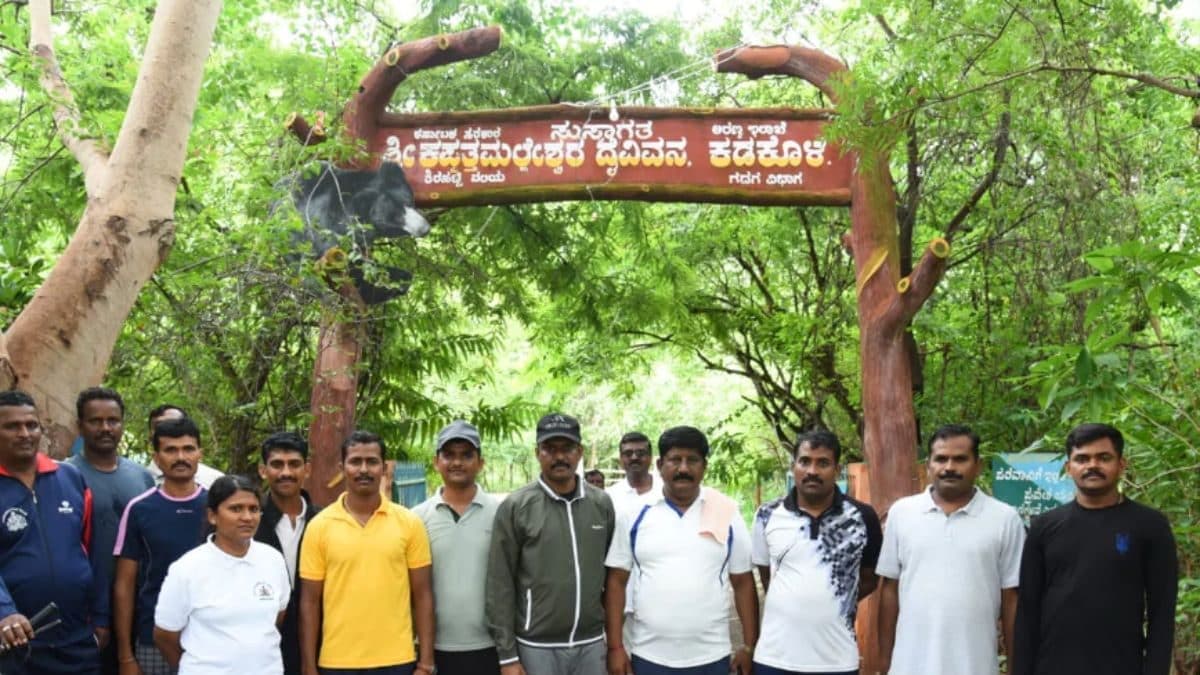Grassroots Pressure Forces Baldota Gold Project Out of Kappathagudda
Residents of Kappathagudda say sustained local opposition has driven Baldota Gold Mining Company to withdraw its proposed project, underscoring the political power of community mobilization. The episode raises immediate questions about how mining proposals are approved and how institutions monitor corporate engagement with vulnerable rural communities.

Residents and activists in Kappathagudda in Gadag district say a sustained people’s movement has compelled Baldota Gold Mining Company to abandon plans to develop a mining site in the village. Local leader Nandiveri Shivakumar Swami attributed the outcome to the collective strength and determination of ordinary people, who resisted a series of offers from the company and maintained public pressure through protests and village assemblies.
The campaign against the project has extended beyond the village. On Tuesday demonstrators marked the 19th day of a sit in outside the Koppal City Municipal Council complex, where actor and activist Chetan Ahimsa addressed the gathering. The prolonged nature of the protests and their location in a neighboring civic center illustrate the regional resonance of local land and environmental disputes, and the capacity of civil society actors to draw wider attention to rural grievances.
The withdrawal highlights several institutional and policy fault lines that have become prominent across Karnataka and other mineral rich regions. First, it raises questions about the transparency and timing of company outreach to communities. Local accounts allege that Baldota attempted to secure acquiescence through inducements, a pattern that can short circuit meaningful informed consent. Second, the episode spotlights the role of local governance bodies, including panchayats and municipal councils, in mediating or representing community interests when commercial projects are proposed. Third, it points to potential gaps in the regulatory framework governing environmental clearances, land use change, and community consultation.
For state regulators the case poses an immediate challenge. Authorities must now reconcile the company's withdrawal with any pending permits or applications, and clarify whether formal approvals were sought or granted. Policymakers and oversight agencies face pressure to ensure that procedural safeguards such as free prior informed consent and environmental impact assessments are not treated as bureaucratic formalities but as substantive protections for local livelihoods and ecosystems.
Politically, the episode can affect voting patterns in a region where land and resource questions are salient to rural electorates. Successful local mobilizations often translate into heightened expectations of accountability from elected representatives, and can shape party positioning on extractive projects ahead of future elections. For civil society and activists, the outcome reinforces a belief in grassroots leverage, while also creating incentives for similar campaigns elsewhere.
The immediate next steps will be crucial. Officials at the district and state levels need to document the withdrawal formally and communicate the status of any regulatory files. If the company intends to reapply or seek alternate sites, mechanisms should be established to guarantee transparent consultation and third party oversight of impact assessments. Without such follow through, the resolution in Kappathagudda may provide only a temporary reprieve rather than a durable safeguard for community rights and environmental governance.


